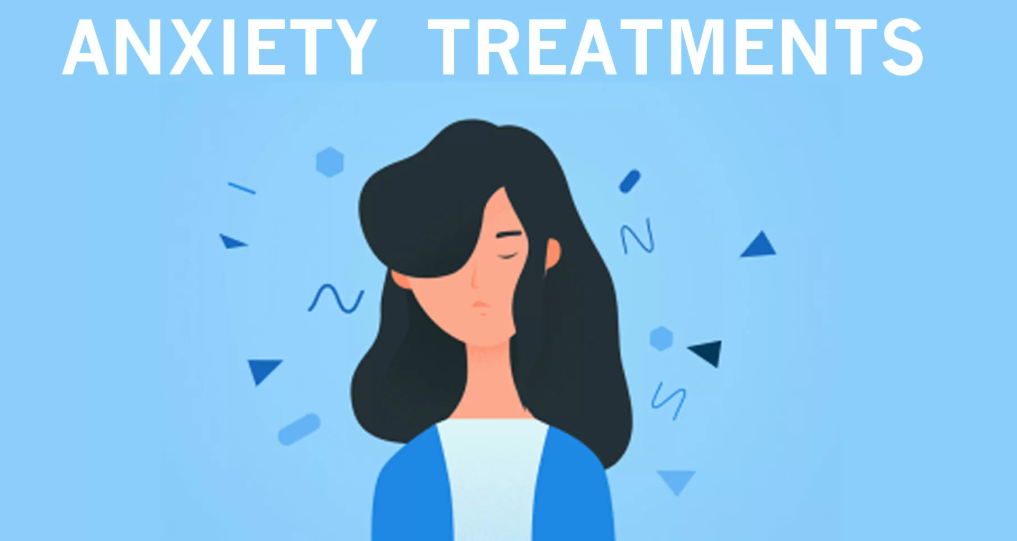Eating disorders are complex and often devastating conditions that impact individuals' physical, emotional, and mental health. Whether dealing with anorexia, bulimia, binge eating disorder, or other eating-related issues, those struggling often feel isolated and overwhelmed. Eating disorder rehab centers in Los Angeles provide essential support, combining medical, psychological, and nutritional care to foster long-term recovery.
Understanding Eating Disorders and Their Impact
Eating disorders are not simply about food; they are deeply rooted in emotional and psychological struggles. These conditions can manifest in unhealthy relationships with food, body image issues, and often co-occur with other Eating Disorder Rehab Los Angeles.
In Los Angeles, where access to quality healthcare and innovative treatment options is abundant, specialized eating disorder rehab programs offer a lifeline to individuals in need of comprehensive care.
Comprehensive Treatment Approaches
Medical and Nutritional Support
Eating disorder rehab centers in Los Angeles place a strong emphasis on medical and nutritional care. Licensed dietitians and physicians work closely with patients to ensure they receive balanced nutrition and address any physical complications resulting from malnutrition or disordered eating patterns.
A critical part of treatment is restoring healthy eating habits and helping patients develop a positive relationship with food. Nutritional counseling also aids in identifying triggers and creating meal plans that promote recovery.
Psychotherapy and Counseling
Therapy is an integral part of the recovery process. Most rehab centers utilize Cognitive Behavioral Therapy (CBT) to help patients identify harmful thought patterns and behaviors surrounding food, body image, and self-esteem. Other modalities such as Dialectical Behavior Therapy (DBT) and family therapy are also commonly used to address underlying emotional trauma and improve coping mechanisms.
Individual therapy sessions are complemented by group therapy, where individuals can share their experiences in a supportive, non-judgmental environment. Group therapy fosters a sense of community and helps reduce feelings of isolation.
Dual Diagnosis Treatment
Many individuals with eating disorders also struggle with co-occurring mental health conditions, such as depression, anxiety, or trauma-related disorders. Eating disorder rehab centers in Los Angeles are equipped to treat dual diagnoses, offering integrated care that addresses both the eating disorder and any underlying psychological issues.
24/7 Support and Residential Programs
For those needing intensive treatment, residential rehab programs in Los Angeles offer around-the-clock care. These programs provide a safe, structured environment where patients receive consistent support from medical professionals, therapists, and counselors. Residential treatment allows individuals to focus fully on their recovery, away from daily stressors and triggers.
Outpatient and Partial Hospitalization Programs (PHPs)
Outpatient care and PHPs provide a more flexible approach, where individuals can attend therapy sessions and receive medical and nutritional support while living at home. These programs are ideal for individuals who have completed a residential program or those who need a less intensive level of care.
Holistic and Complementary Therapies
Many rehab centers in Los Angeles integrate holistic therapies such as yoga, mindfulness meditation, acupuncture, and art therapy into their treatment plans. These approaches support emotional healing, reduce stress, and help patients reconnect with their bodies in a positive and nurturing way.
Finding the Right Eating Disorder Rehab Center
When searching for an eating disorder rehab center in Los Angeles, it’s essential to consider several factors:
Accreditation and Licensing: Ensure the facility is accredited by relevant regulatory bodies, guaranteeing high-quality care.
Treatment Modalities: Look for centers that offer evidence-based therapies and a comprehensive, multidisciplinary approach.
Staff Qualifications: Ensure that medical professionals, therapists, and dietitians have expertise in treating eating disorders.
Personalized Care: Choose a facility that offers individualized treatment plans tailored to your specific needs and challenges.
Aftercare Services: Effective aftercare is crucial to maintaining recovery. Look for centers that offer ongoing support through follow-up care, support groups, or alumni programs.
Benefits of Eating Disorder Rehab
Seeking professional help for an eating disorder can bring numerous benefits, including:
A holistic approach to healing that addresses both physical and emotional well-being.
Access to expert support from a team of professionals specializing in eating disorders.
A structured and supportive environment that fosters recovery and prevents relapse.
Restoration of physical health through proper nutrition and medical care.
Improved self-esteem and body image through therapy and counseling.
Final Thoughts
Eating disorder rehab centers in Los Angeles offer comprehensive, compassionate care that can make a profound difference in an individual's recovery journey. With personalized treatment options, a wide range of therapies, and a focus on both physical and mental health, these centers provide a holistic approach to healing.
If you or someone you love is struggling with an eating disorder, consider reaching out to a Los Angeles-based rehab center. With the right treatment and support, recovery is possible, and a healthier, more fulfilling life can be restored.



